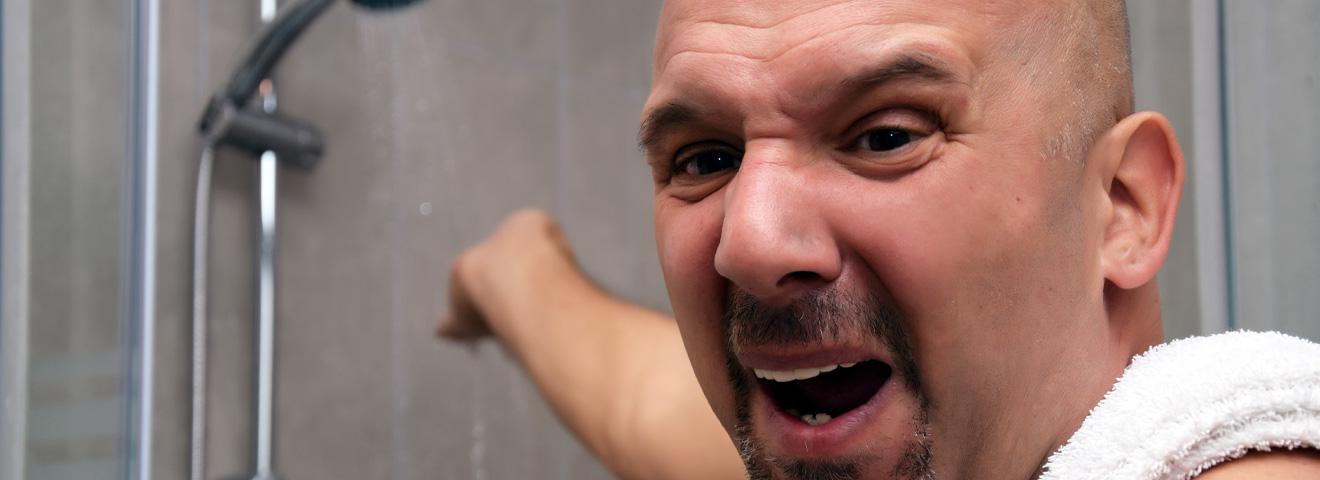
No one wants to be hit by suddenly cold water during a hot shower. If you are trying to determine the reasons you might be losing hot water, we have you covered.
Hot water means a lot to us, everywhere from the kitchen sink to the shower. The good news is that a lot of these problems are pretty easy to spot, or rule out, even if they’re not so easy to fix on your own. Let’s get started!
- First Things First
First thing, is your water heater electric, or gas? There are some problems that are only applicable to one or the other. Knowing what kind of water heater you have is your first step to being able to troubleshoot. You should check to make sure it’s plugged in if it’s electric, and that there is no gas leak if it’s LP or natural gas.
If you suspect that you have a gas leak, immediately turn off your appliances, leave your home, and then call 911 to explain the situation. Do not stay in your home, and do not return until the emergency crews give you an all clear.
- Next, the Obvious: Check for Leaks
If your tank or plumbing is leaking, your hot water may end up on the ground instead of in your shower. Visually check the outside of the tank and any exposed plumbing to see if there are leaks. If you have a hot water tank leak or burst pipe, click on the links to find your best solutions.
- Check Hot Water Usage
Hot water is generally not unlimited, so you need to be sure that you understand the hot water usage in your home. If your oldest child is running the shower for 30 minutes a day to get a good steam facial, that could be the reason your shower got cold so fast.
Though that also seems obvious, there are other ways your usage can be deceptively high. Imagine you are running laundry, the dishwasher, and then you jump in the shower. A clueless teenager is not required, it could be that your tank is simply too small for the number of people or jobs it’s servicing.
- Check the Thermostat
If your thermostat is going bad, or simply set too low, it can mean your hot water runs out too soon. Try resetting your thermostat, and see if that helps the problem. If that doesn’t change anything, you can also try raising the temperature on the thermostat. That way, the water leaving the heater can be mixed with more cold water, and should last longer.
If neither of these work, it may be the maintenance, or the water heater itself.
- Sediment or Service, it’s Your Choice
Regular service for your water heater, especially an annual flush, can help to avoid this particular problem. But, if your tank is full of sediment from hard water, it will heat less efficiently and produce less hot water for the energy it uses. A tank with a lot of sediment can also eventually lead to a hot water heater failing before its time.
Consider Replacement
If you are still looking for signs your water heater needs repair, check out this article. If your water heater is past its useful life, or just not enough tank for the job, it may be time to choose a replacement. Either way, we hope this list has helped you trouble shoot your lost hot water.
If you are looking an annual service plan or professional plumbing help in the Nashville area, call Benjamin Franklin Plumbing the punctual plumbers, to request an appointment.
